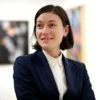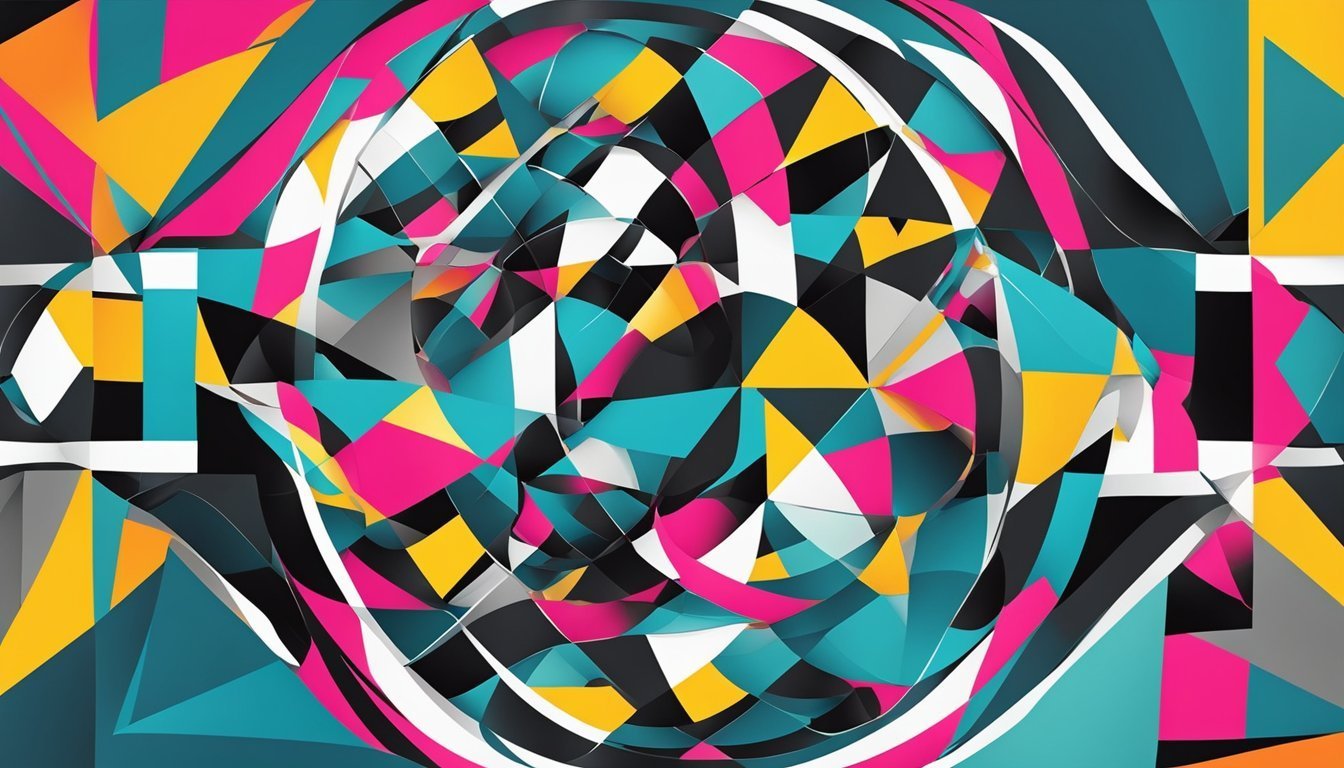In an unexpected decision, Australia has removed artist Khaled Sabsabi from his role as the nation’s representative at the upcoming 2026 Venice Biennale.
This action comes on the heels of mounting criticism regarding a previous video piece that prominently features Hezbollah leader Hassan Nasrallah.
Creative Australia, which oversees the pavilion, announced the change shortly after standard business hours, catching many off guard.
Withdrawal and Reevaluation
The organization described the choice to withdraw Sabsabi—who had only been appointed a week earlier—as a collective decision that also affects the pavilion’s selected curator, Michael Dagostino.
They stressed their intention to reevaluate how future selections are made, underlining their dedication to the integrity of the process.
Despite affirming their commitment to artistic freedom, Creative Australia recognized the potential backlash that ongoing discussions might bring to public support for the Australian art community.
They aimed to encourage unity and creativity through their artistic endeavors amid a complex landscape.
Art and Societal Reflection
In response, Sabsabi and Dagostino jointly addressed the situation, emphasizing their belief in the role of art as a mirror of societal realities.
They underscored the critical function that artists play in shaping an inclusive and optimistic vision for the future.
Both expressed confidence that the Australian artistic community would persist and flourish, undeterred by this recent turn of events.
Earlier that week, a prominent Australian publication published a critical piece questioning the inclusivity of the pavilion Sabsabi had been set to lead.
It scrutinized his 2007 video installation, *You*, which includes footage of Nasrallah speaking to a crowd in Beirut following the 2006 Lebanon-Israel conflict.
This work was initially celebrated for its innovative approach but has since been interpreted by some as a commentary on Sabsabi’s own experiences with racism as an immigrant.
The article voiced concerns about the ambiguity of Sabsabi’s portrayal of Nasrallah, labeling it troubling.
It also referenced the artist’s previous decision to participate in a boycott of the Sydney Festival due to its association with the Israeli embassy, raising doubts about Sabsabi and Dagostino’s fit for the prestigious role they were set to occupy.
Ongoing Dialogue in the Arts
Opinions expressed on social media reflected this sentiment, with many users engaging in impassioned discussions regarding the artwork’s implications for Australia’s identity, especially in relation to its Jewish community.
Sabsabi’s withdrawal from the Biennale has ignited significant conversation online, with Palestinian artist Emily Jacir publicly lamenting the cancellation.
This moment arrives during a period when Australia’s participation in the Biennale is under intense scrutiny, following a successful showing at the 2024 event with Archie Moore’s pavilion.
While Sabsabi had not shared explicit plans for his proposed exhibition, he had previously spoken of wanting to create a welcoming, inclusive environment for viewers.
As anticipation builds for the next Biennale, it is evident that discussions surrounding the Israel-Gaza conflict will continue to influence the narrative, mirroring the challenges faced in past editions.
Interestingly, while many nations have publicly declared their plans for the 2026 event, Israel has yet to announce its participation.
In essence, Khaled Sabsabi’s pavilion may have been canceled, but the ongoing dialogues surrounding art, identity, and inclusivity continue to inspire both artists and audiences.


